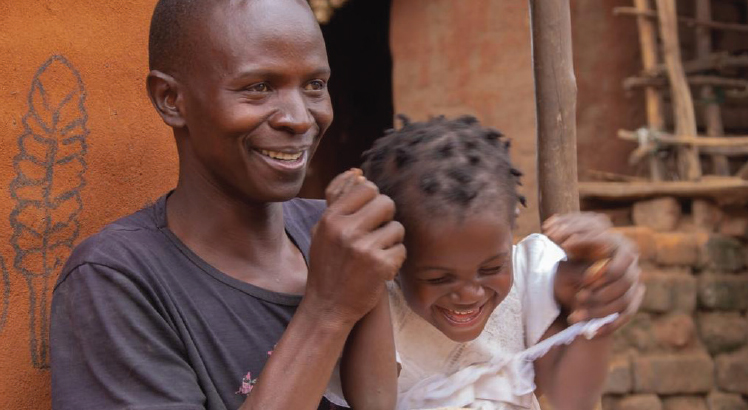The mother with an Albino son
I had spent so long a time by the road I was now afraid some publicity-hungry cell phone company would mistake me for an advertising pole.
My knees were growing weaker from the malady I was carrying and I had nearly resorted to sitting down by the kerb when a tricycle wheeled by.
‘Yes waakulu,’ the ‘pilot’said, a wide smile stretched across his dry and cracked lips. His front teeth were wood brown and the gums red like pepper.
‘Tilowerekuti?’ the ‘pilot’ inquired.
‘Ku Sento,’ I retorted as Ilanguidly I hauled myself into the three-wheeler.
‘Mwadywalatu waakulu?’ the ‘pilot’ said ashe powered his whining engine slid into more velocity.
I nodded, pulling over my jersey for a better shield from the wind as the engine thrust into high gear.
‘Chavuta n’chani waakulu?’He inquired more.
I now had two battles to fight: the fever and the driver’s mouth.
‘Malungo,’ I cut it short and took it for an end of the exchange.
A few corners into our journey, at some passenger pickup point,in jumped a female passengerwith her a nice looking little boy.
He was about four years old and had a heart-melting smile.
I withdrew from my laidback posture and sat up properly to make space for the two.
Upon my gesturing at the boy to sit next to me, the mother seemed uncomfortable with the boy’s attention.
I had an idea about the woman’s concerns’. I looked her straight in the eye and saw her pain.
‘Pepani achimwene, sichipongwe,’she said with a tremble in her voice, kungoti masiku ano mwanayu ndaona naye mavuto’.
She told of a couple of times people have either shown discomfort sitting next to the boy or treated like a commodity in the wake of the albino killings for purported black magic rituals.
The boy is segregated among his peers. Evils minds drool at his sight. Even some of her relatives, she says, have ever made advances at seeing the boy off into the hands of ritualists.
The boy’s fathers is said to have disserted when he heard that she had given birth to a boy with albinism.
‘Mwanayu sindingamusiye olo ndiabale.Kukada sindimagona tulo ine, kuopa achipongwe. Ndilibe ndalama zolembera ngakhale mlonda.’
She started to weep andI imagined her everyday basket of worries.
How will the boy attend school or any call away from home? How will the mother fend for food?
Affected families are equally pressed to the wall. They live in fear. No hope at all.
Perhaps this is a problem society never minded to nip in the bud?
I remember growing up in a society which purported that there is never anything like an albino dying and being laid to rest in a grave—‘they just vanish.’
Story tellers would challenge to be shown even a single grave where a person with albinism was buried.
I slid into my past and thought—could today’s problem be fruits of a poisonous tree we watered with our inaction and silence? n


